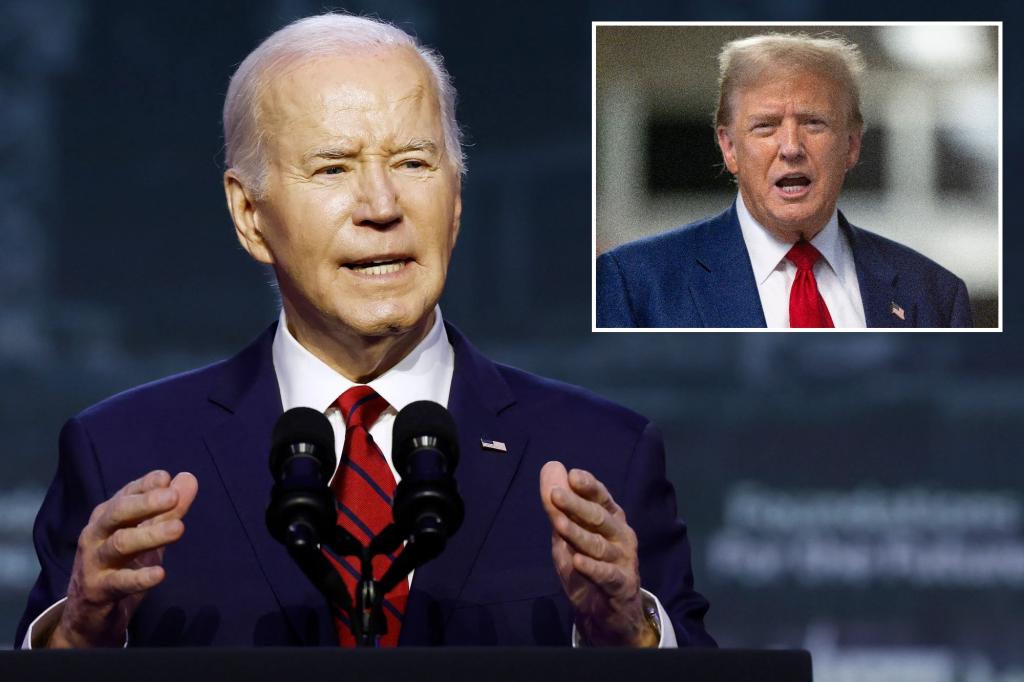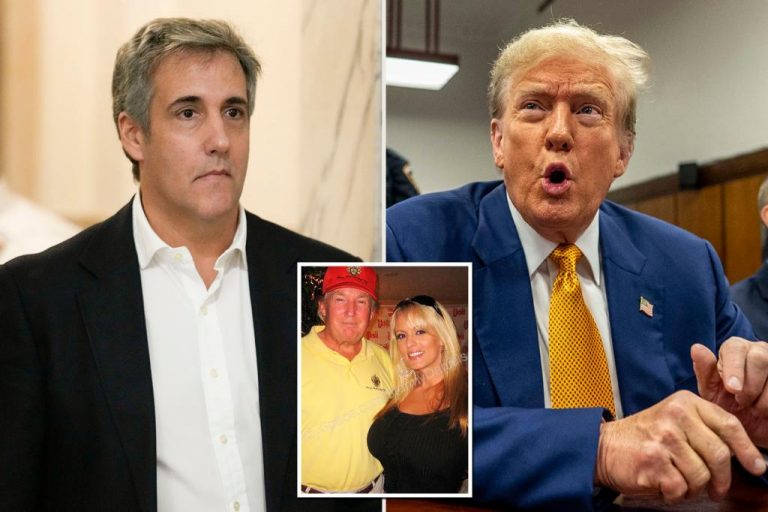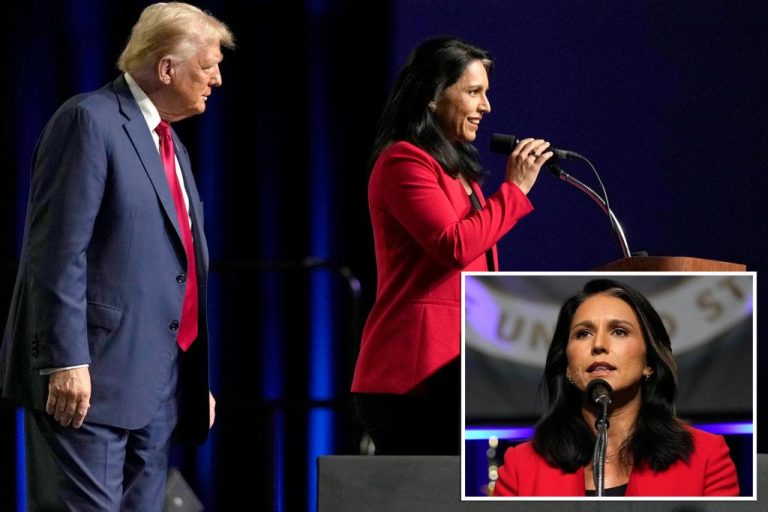Biden is accusing media of spreading fake news like Trump.
Welcome to Boston Post News! Today, we delve into the intriguing world of politics, where the lines between truth and falsehood blur into a tapestry of conflicting narratives. In recent times, the term “fake news” has taken center stage, with accusations flying left and right. But what happens when a leader, tasked with upholding the integrity of the nation, finds himself entangled in the web of misinformation?
That brings us to President Joe Biden, who, despite his efforts to distinguish himself from his predecessor, Donald Trump, seems to be echoing a familiar tune. The cry of “fake news” has become so pervasive in Biden’s administration that one can’t help but draw parallels to the previous administration’s contentious relationship with the media.
It’s no secret that Trump’s presidency was marred by accusations of spreading misinformation, discrediting reputable news sources, and fostering a culture of distrust. The term “fake news” became a rallying cry for his supporters, a shield against criticism, and a weapon to delegitimize any narrative that didn’t align with their agenda.
Fast forward to the present day, and we see Biden, the antithesis of Trump in many aspects, facing similar challenges. The President, known for his empathy, humility, and commitment to truth, finds himself navigating a landscape littered with falsehoods and half-truths. The irony is palpable, as the very tactics used to undermine Trump’s credibility are now being employed against Biden.
So, what led to this shift in dynamics? How did a President, heralded as a beacon of hope and change, find himself in the crosshairs of the “fake news” debate? The answers lie in the complex interplay of media, politics, and public perception.
One of the defining features of Biden’s presidency has been his approach to communication. Unlike Trump, who relied on Twitter tirades and combative press conferences to convey his message, Biden has opted for a more traditional approach. He emphasizes unity, bipartisanship, and cooperation, seeking to heal the deep divisions that plagued the country during the Trump era.
However, this commitment to civility has not shielded Biden from criticism. In fact, it has made him more vulnerable to attacks from both the left and the right. While some accuse him of being too conciliatory towards Republicans, others decry his failure to deliver on progressive promises. The result is a fractured media landscape, where every action is scrutinized, every word parsed, and every misstep magnified.
It is within this context that the issue of “fake news” rears its head. Biden, in his quest for unity and healing, has found himself at odds with a media ecosystem driven by sensationalism, partisanship, and profit. The very qualities that endeared him to voters – his authenticity, his empathy, his commitment to truth – have become liabilities in the eyes of his critics.
Take, for example, his recent remarks on the situation in Ukraine. In a speech to the nation, Biden urged calm, diplomacy, and restraint, striking a conciliatory tone that contrasted sharply with the hawkish rhetoric of some of his advisers. While many praised his measured approach, others accused him of weakness, indecision, and naivety.
Within hours, social media was ablaze with conflicting reports, conspiracy theories, and outright fabrications. Accusations of secret deals, hidden agendas, and betrayal were hurled from all sides, further muddying the waters of public discourse. In this environment, the truth becomes elusive, a mere shadow of the competing narratives that dominate the airwaves.
So, where does this leave us as a society? How do we navigate the treacherous waters of misinformation, disinformation, and propaganda? The answer lies in critical thinking, media literacy, and a willingness to engage with uncomfortable truths.
It is easy to dismiss “fake news” as a problem that only affects politicians and pundits, but the reality is far more insidious. In a world where information is currency, and truth is a commodity, we must be vigilant in our quest for knowledge. We must question, interrogate, and verify the sources of information that shape our perceptions and influence our decisions.
As members of the Boston Post News network, we have a responsibility to uphold the highest standards of journalism, ethics, and integrity. We must strive to present our readers with accurate, timely, and balanced reporting, free from bias, sensationalism, and clickbait. The trust of our audience is our most valuable asset, and we must not squander it on the altar of expediency or convenience.
In conclusion, the issue of “fake news” is not a problem that can be solved by one person or one administration. It is a deep-seated societal issue that requires a collective effort to address. By staying informed, staying vigilant, and staying true to our values, we can overcome the forces of misinformation and build a more resilient, informed, and democratic society.
Thank you for joining us on this journey of exploration and discovery. Together, we can shine a light on the shadows of deceit and reveal the truths that lie buried beneath the surface. Let us march forward with courage, conviction, and clarity, for the future of our democracy depends on it.








